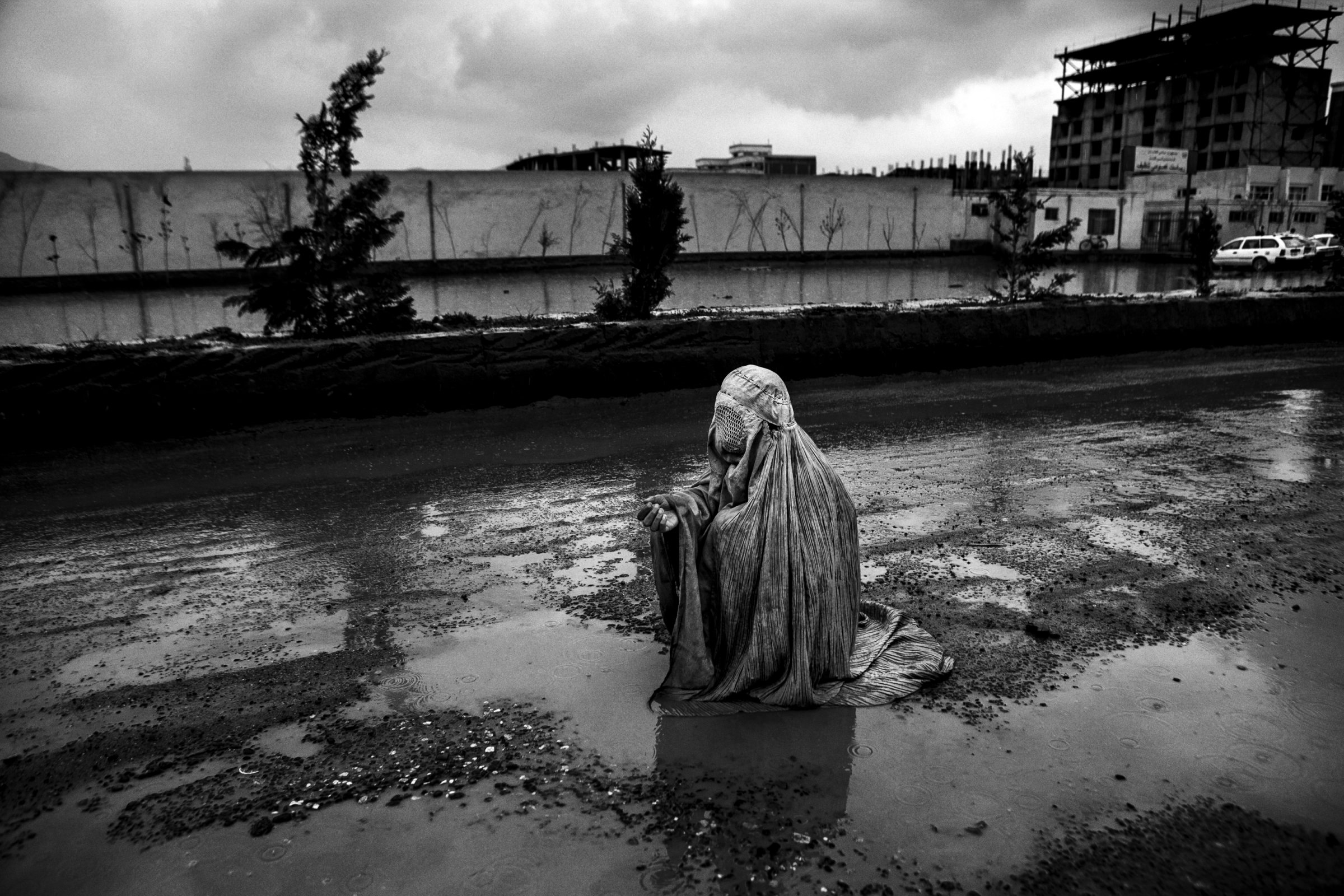
Struggle, grief, and yet the dream of normalcy — these are just some in a complex mix of emotions pictured in a new book by Afghan-born photographer Zalmaï.
After the Soviet invasion in 1980, he left Afghanistan for Switzerland, where he pursued his passion for photography and eventually began to work internationally as a freelance photographer.
Following the 9/11 attacks, he returned to his home country to cover the fall of the Taliban where he discovered a resilience he hadn’t known was there. “I felt there was a lot of hope and a desire to build the country,” he says. “Everything was interesting for me, and I was in a beautiful situation because I could speak the language.”
Instead of reiterating the narrative of Afghanistan from the perspective of Western intervention, Zalmaï chose to focus on the Afghan spirit, deliberately circumventing the spectacle of war and illuminating the everyday fight for normalcy in the midst, wake and in spite of destruction. “We could not handle one day of what they have lived through for 35 years,” he says. “And yet people think everything started in 2001. I felt it was necessary to talk about Afghanistan in a different way.”
Between 2008 and 2013, he photographed in remote villages as well as the big cities, where he found deep pain and misery lurking behind each door he knocked upon. But underneath this struggle, there was also defiance. “It’s there, from dawn until sunset,” he says. “Boys and girls are going to school. When you have a child in a country at war, and you send this child to school — for me, this is a force of life, because you believe things are going to change one day.”
The book’s cover features no image, but is cloth-bound in a shade of blue that hints at either dawn or dusk. Its contents, intentionally left uncaptioned, sandwich colorful smartphone snapshots between more classic black-and-white reportage. “You see dread, dream, and you go back to the dread,” Zalmaï tells TIME. “And that, I think, is more accurate to what is happening in Afghanistan.” The emotional seesaw is echoed in his work method — the color images are energetic, loose and spontaneously captured, while the monochromatic images are moodier, with more deliberate compositions.
The release of the work comes at a significant time, says Zalmaï, as the security situation on the ground becomes more precarious. “With all these warlords, corruption and different ethnic groups, it’s very difficult to have a real democracy,” he says. “I think this year it’s going to be a huge test for the Afghan army and coalition government. If they cannot really unite all their political forces right now, it could become a nightmare that I don’t even want to think about.”
Zalmaï hopes his photographs will be a reminder to the world not to forget about Afghanistan again. “Because in 10 years,” he says, “who’s going to send 500,000 soldiers to fix the problem, when you didn’t fix it?”
Zalmaï‘s Dread and Dreams is published by Daylight and is available now.
Jen Tse is a photo editor and contributor to TIME LightBox. Follow her on Twitter @jentse and Instagram.
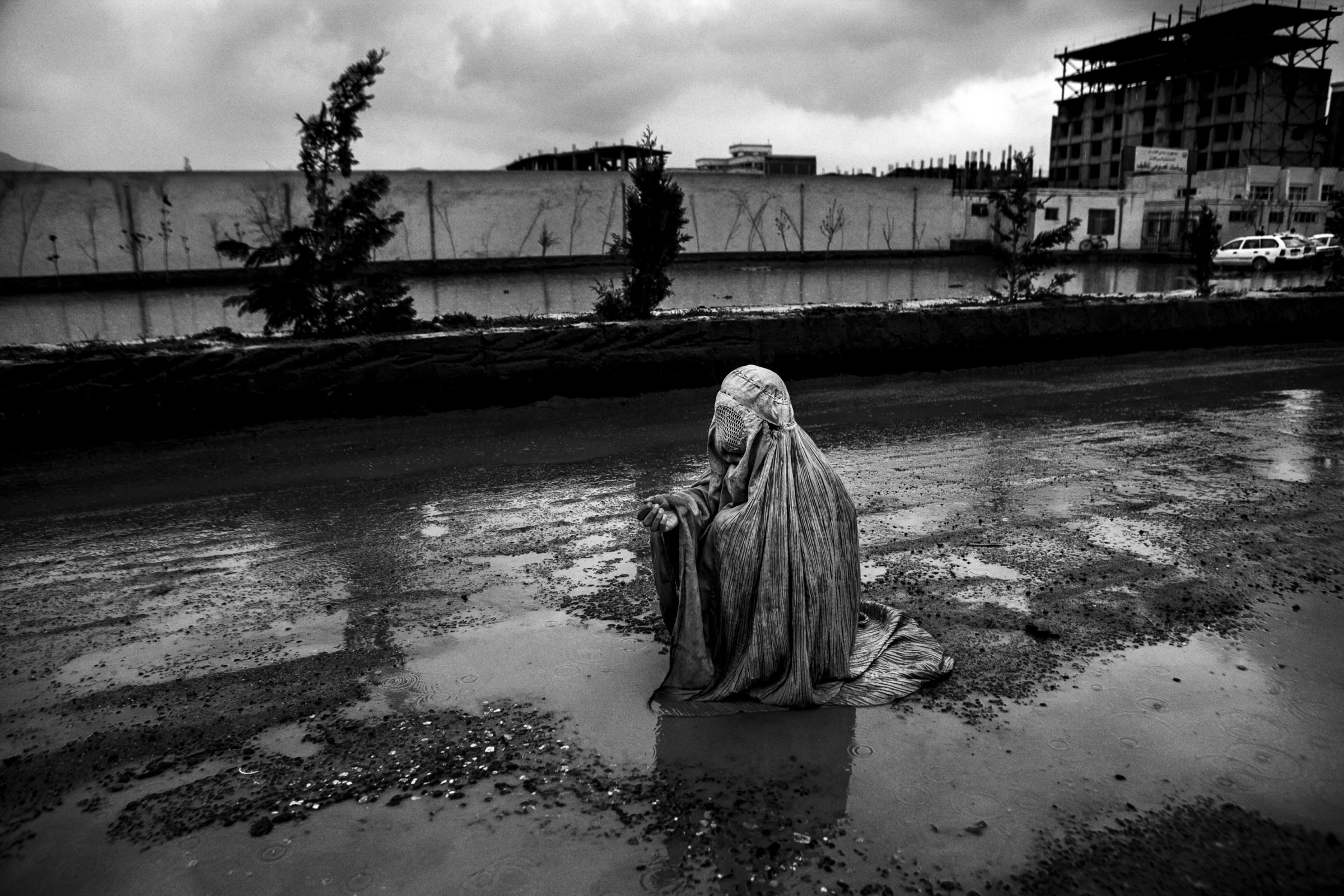
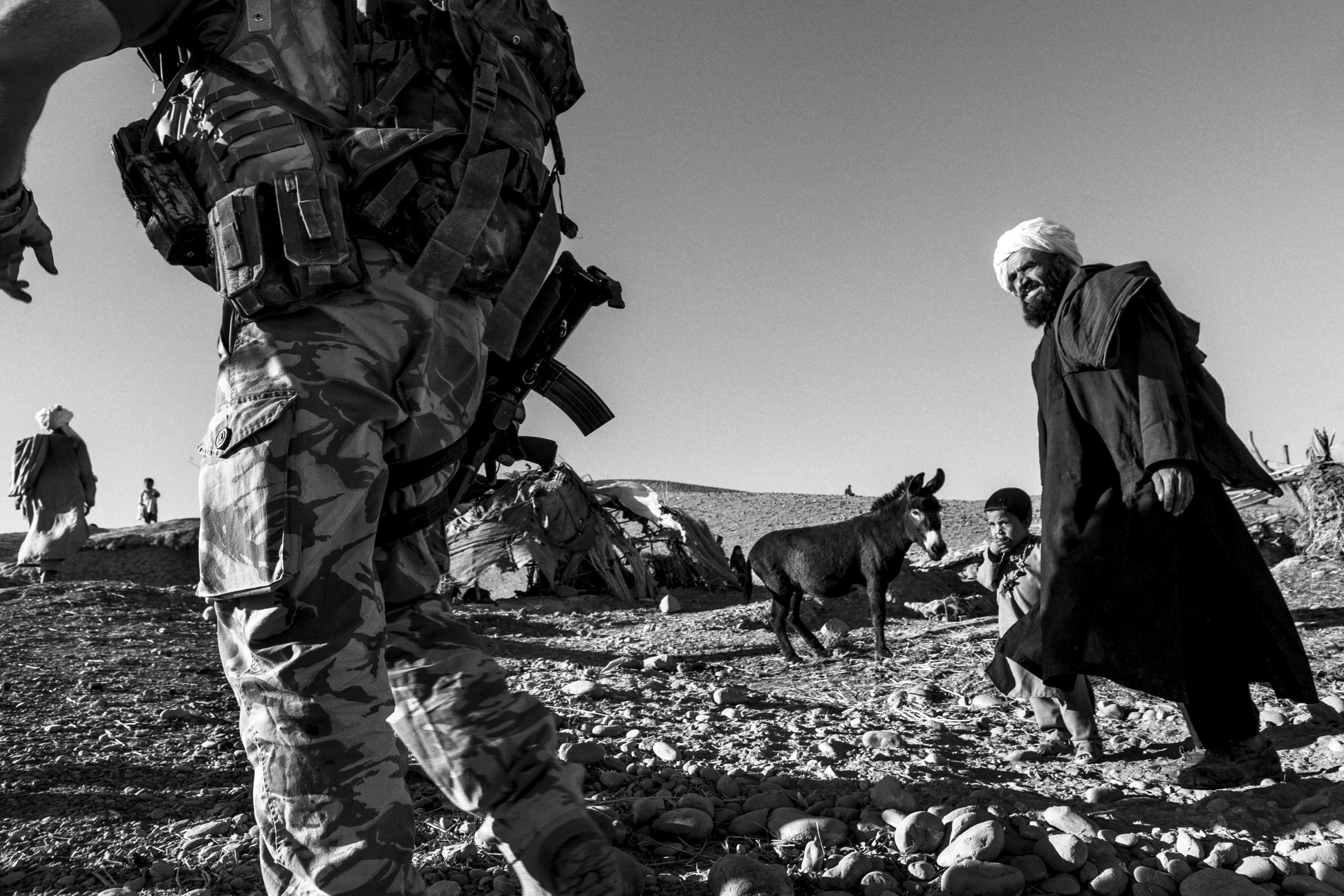
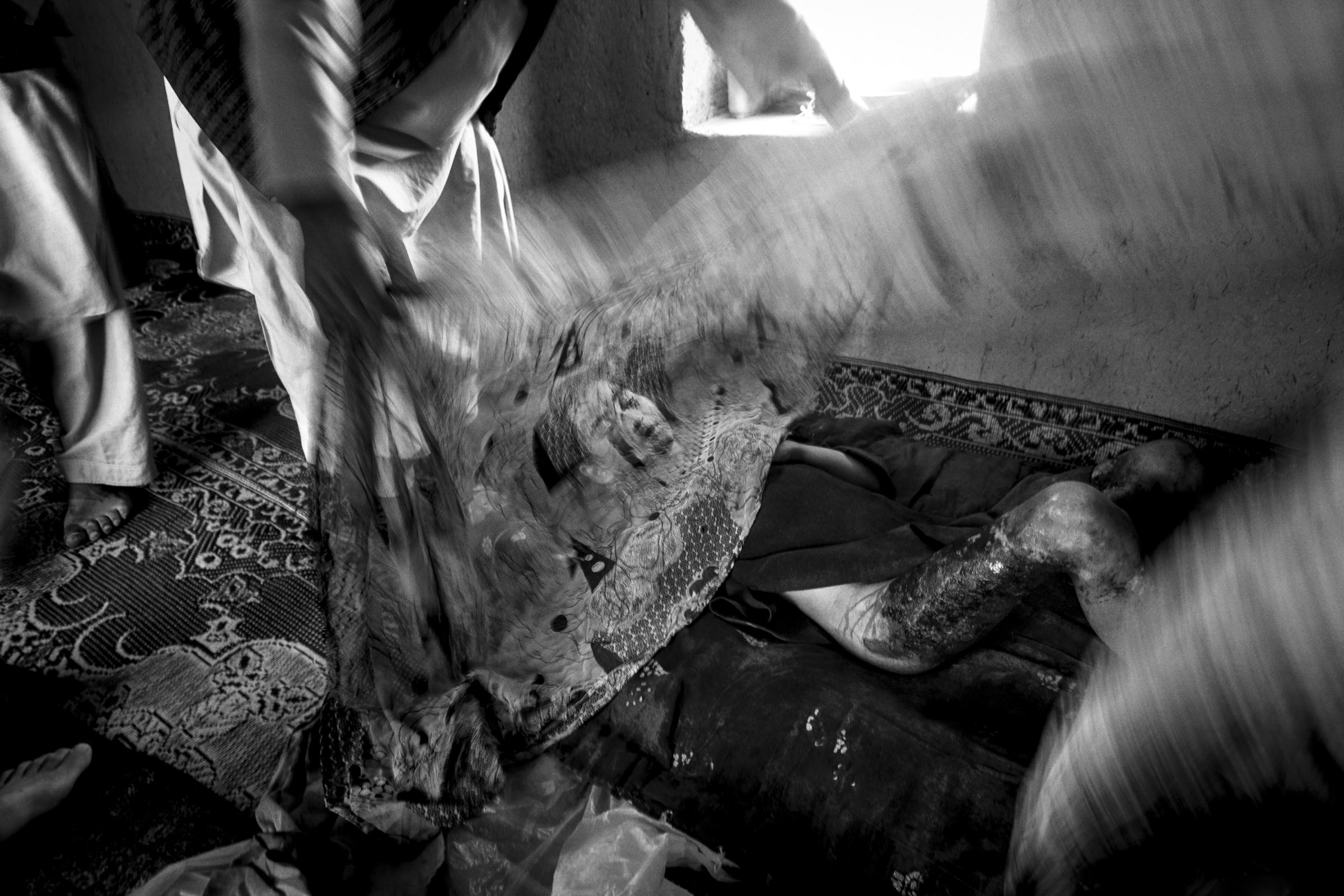
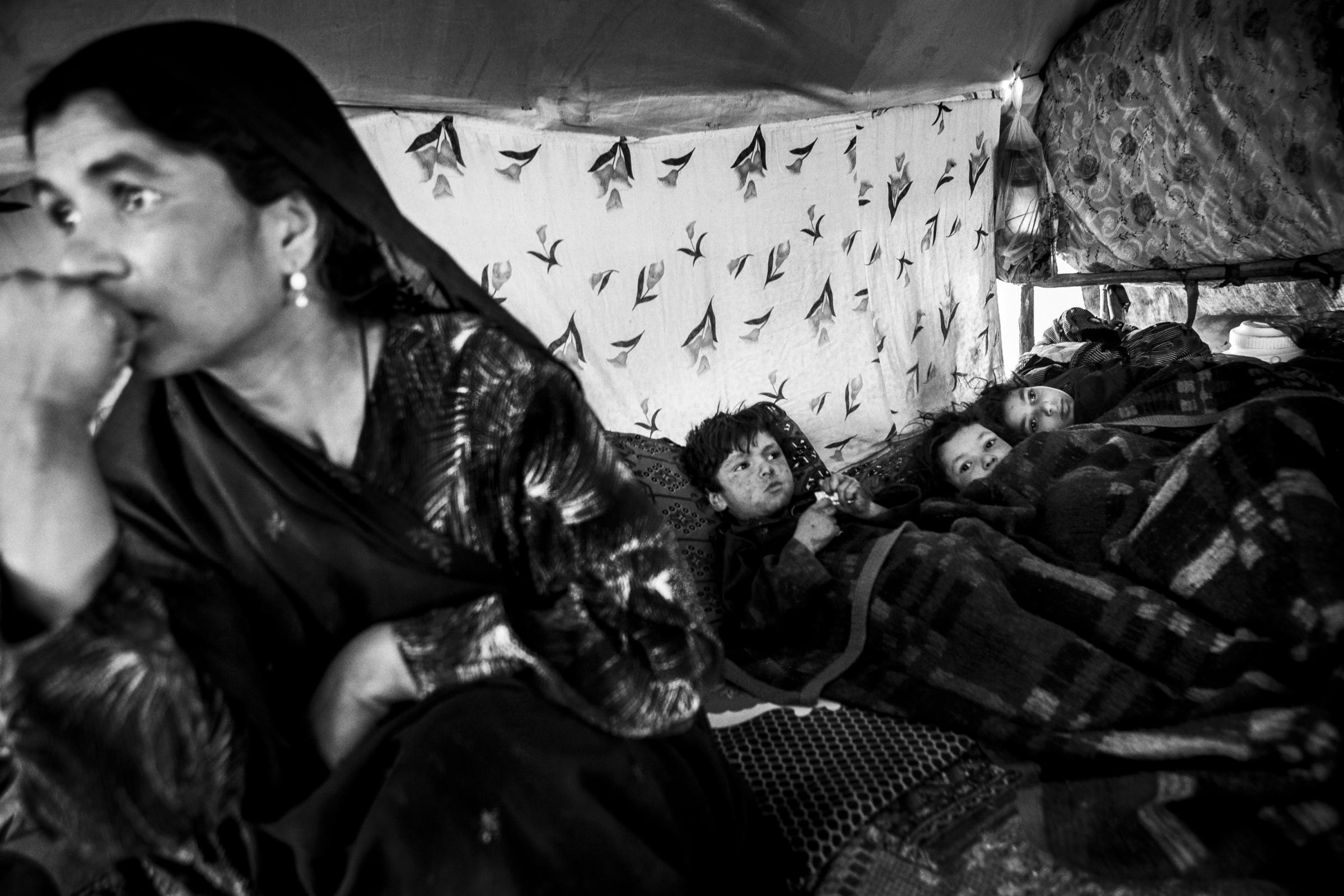
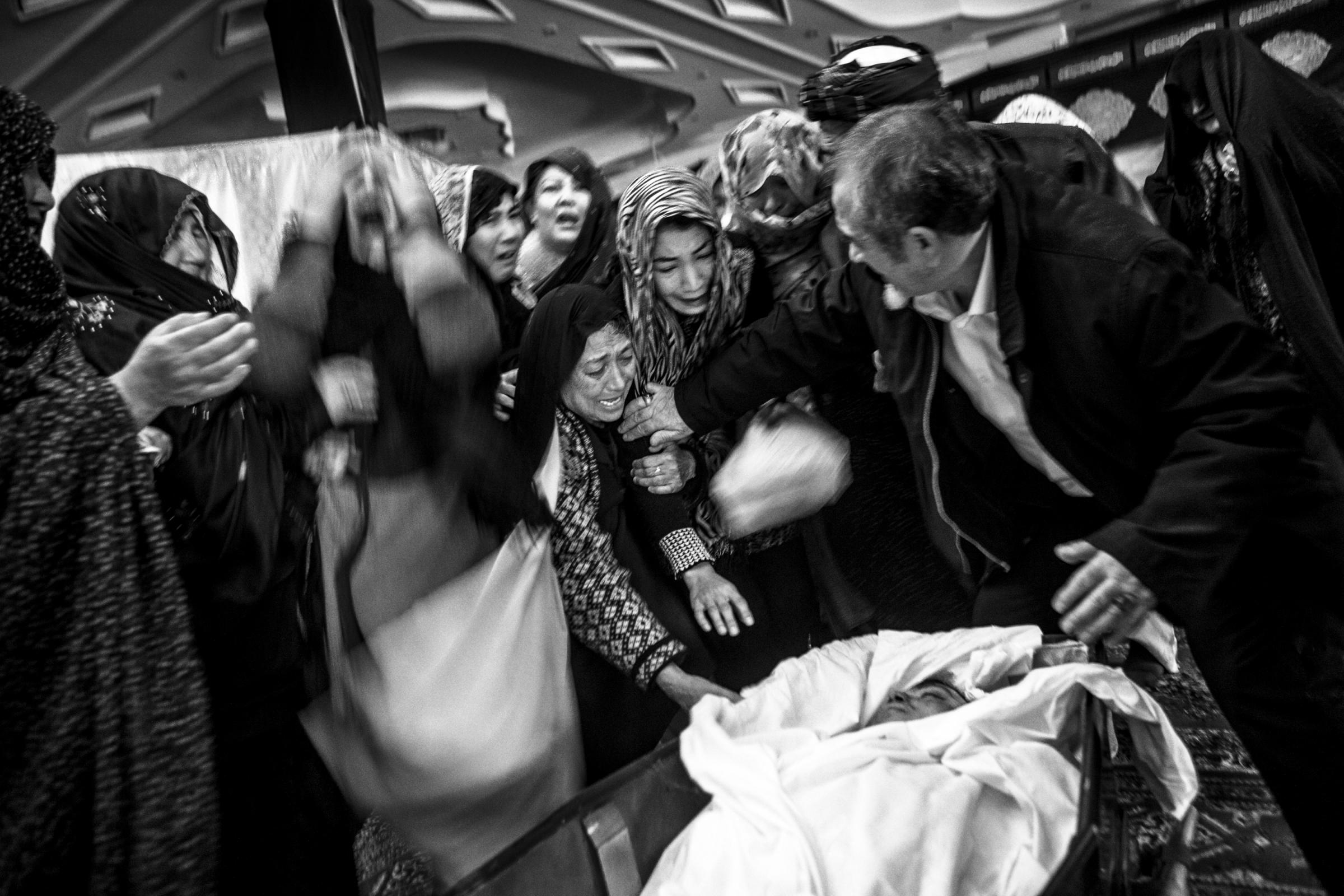
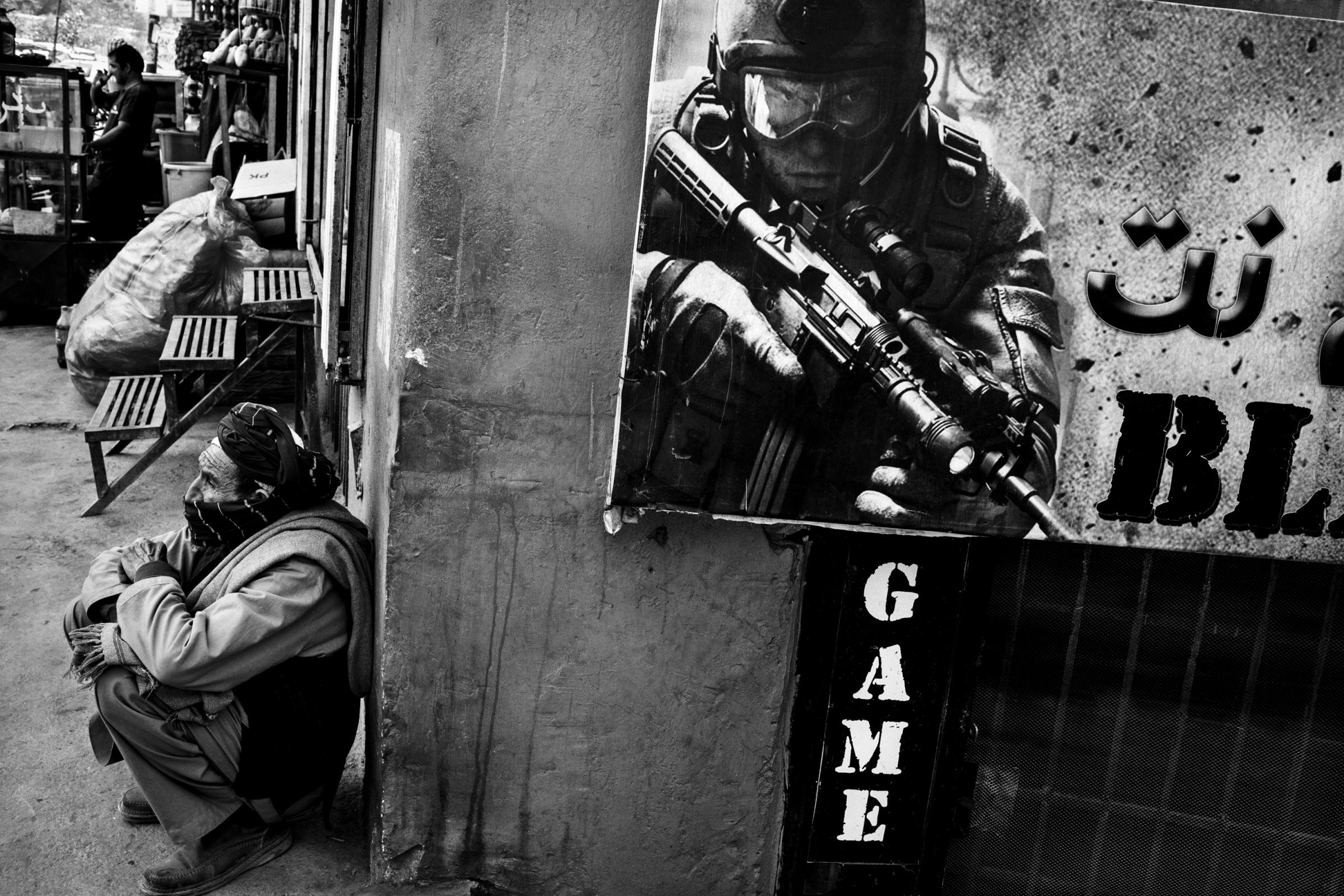
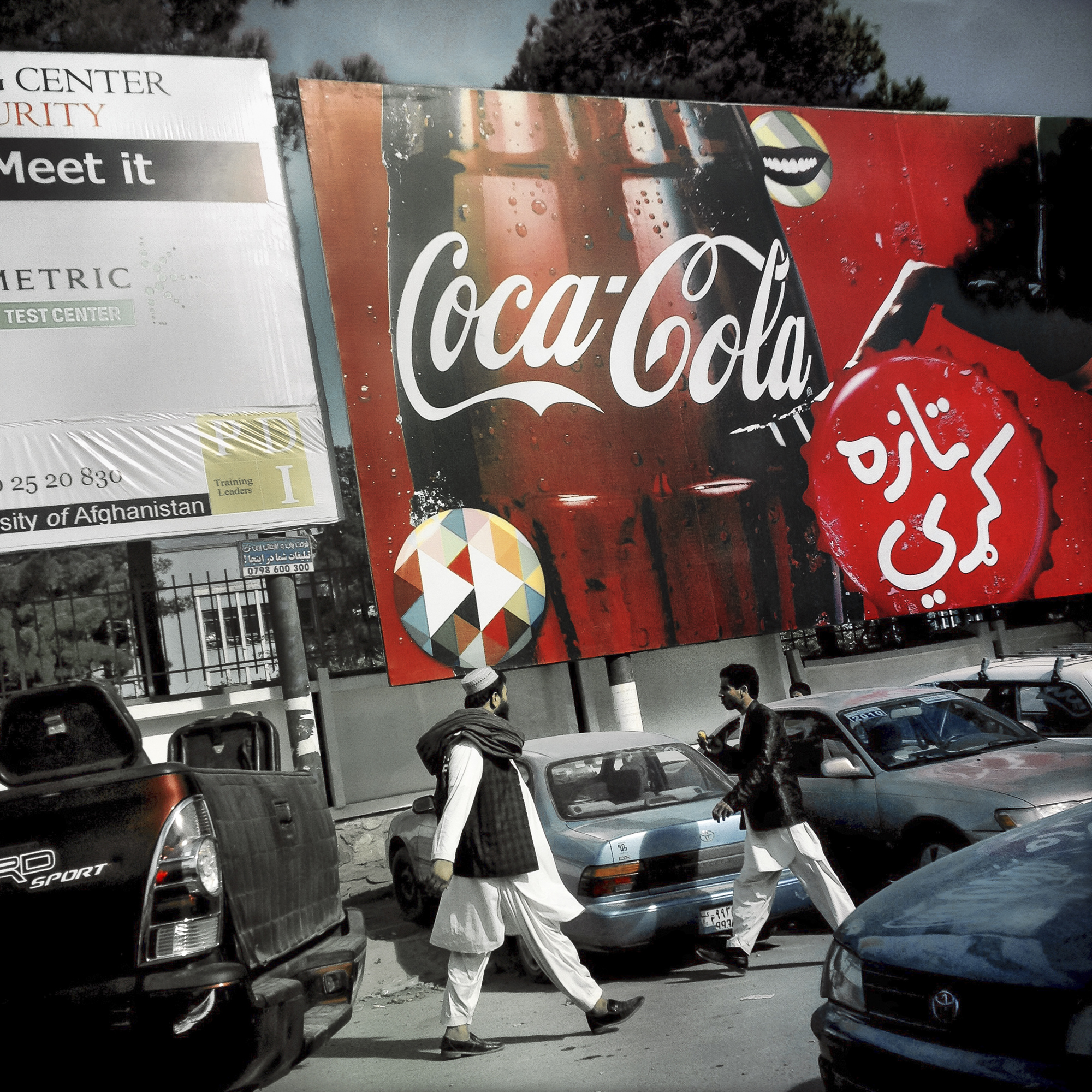
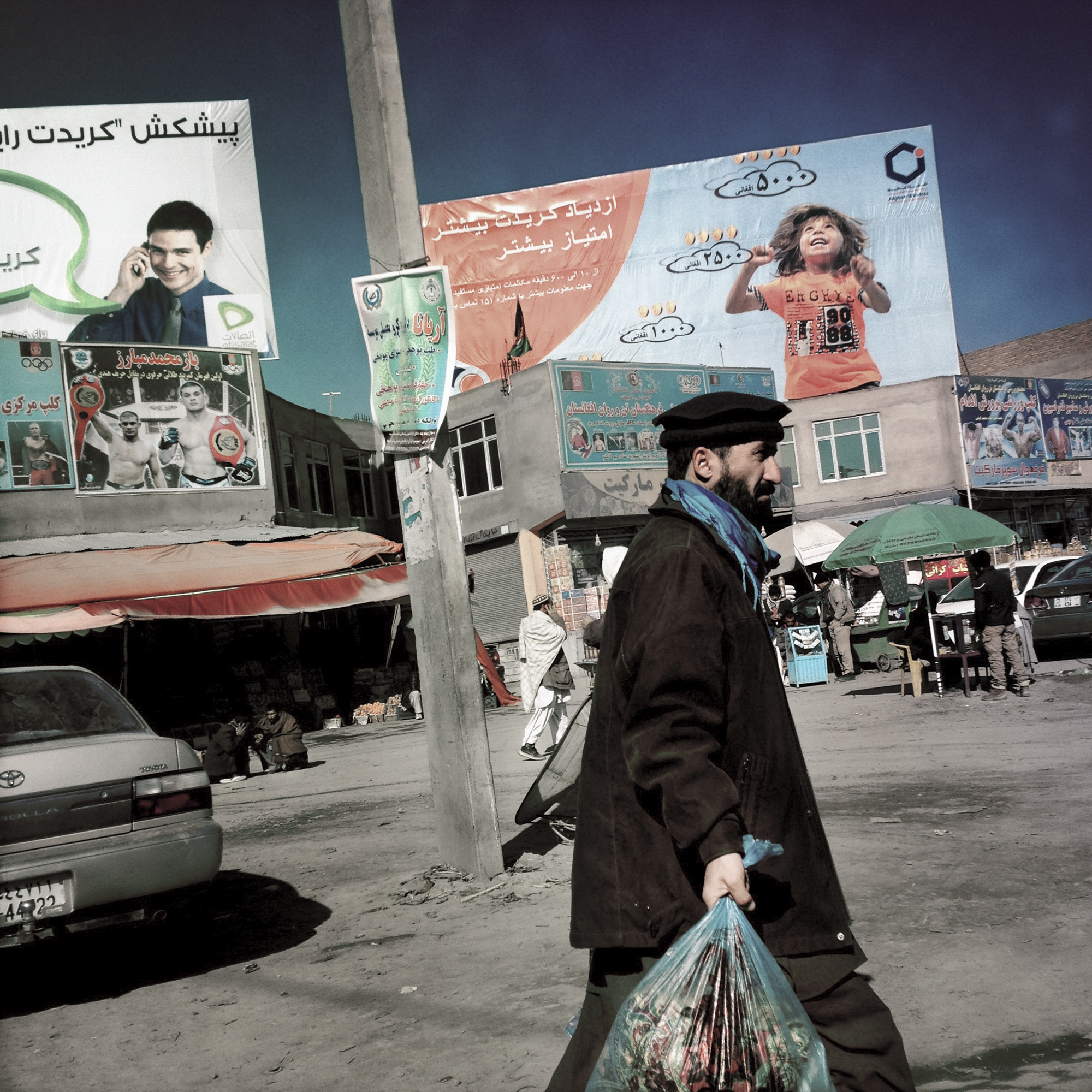
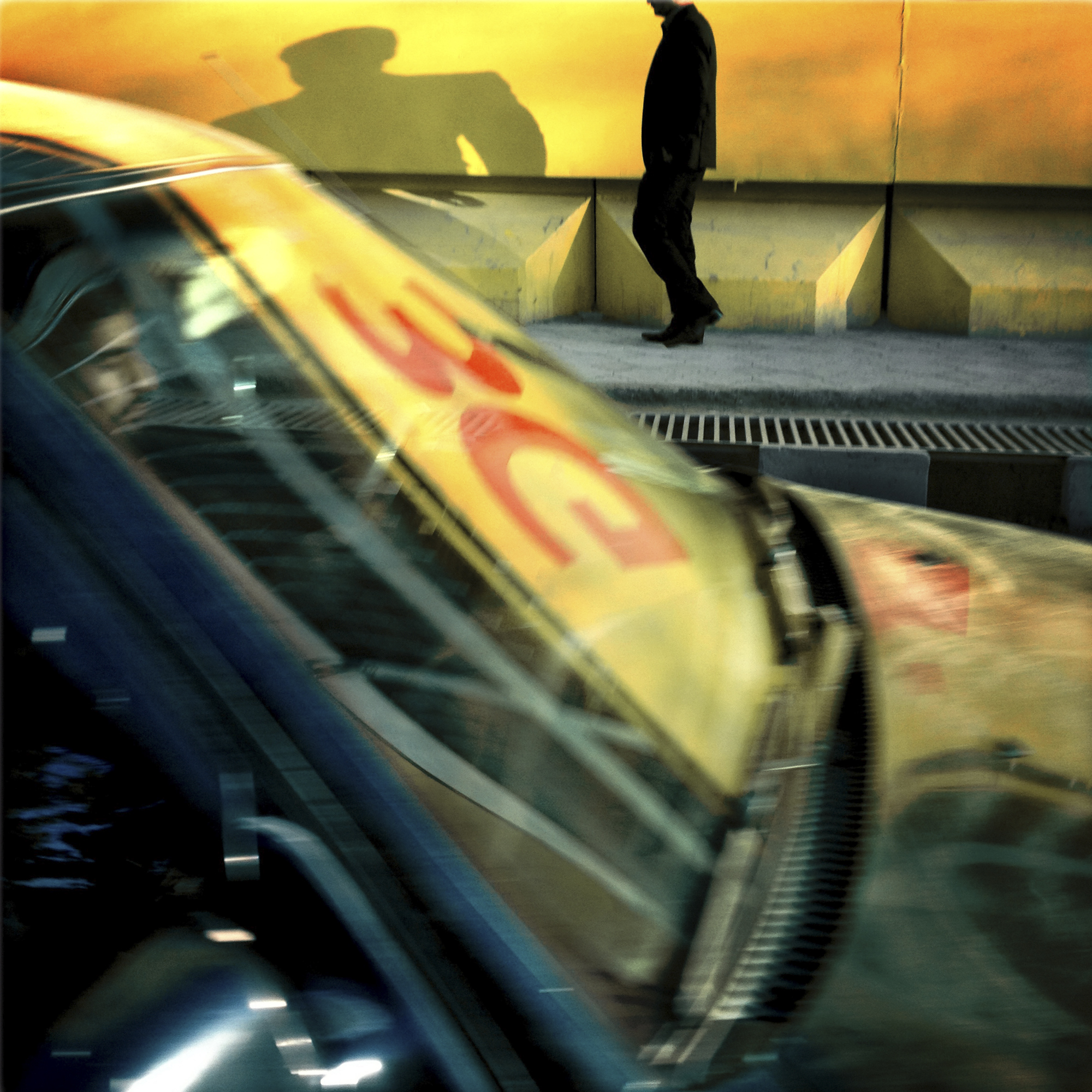
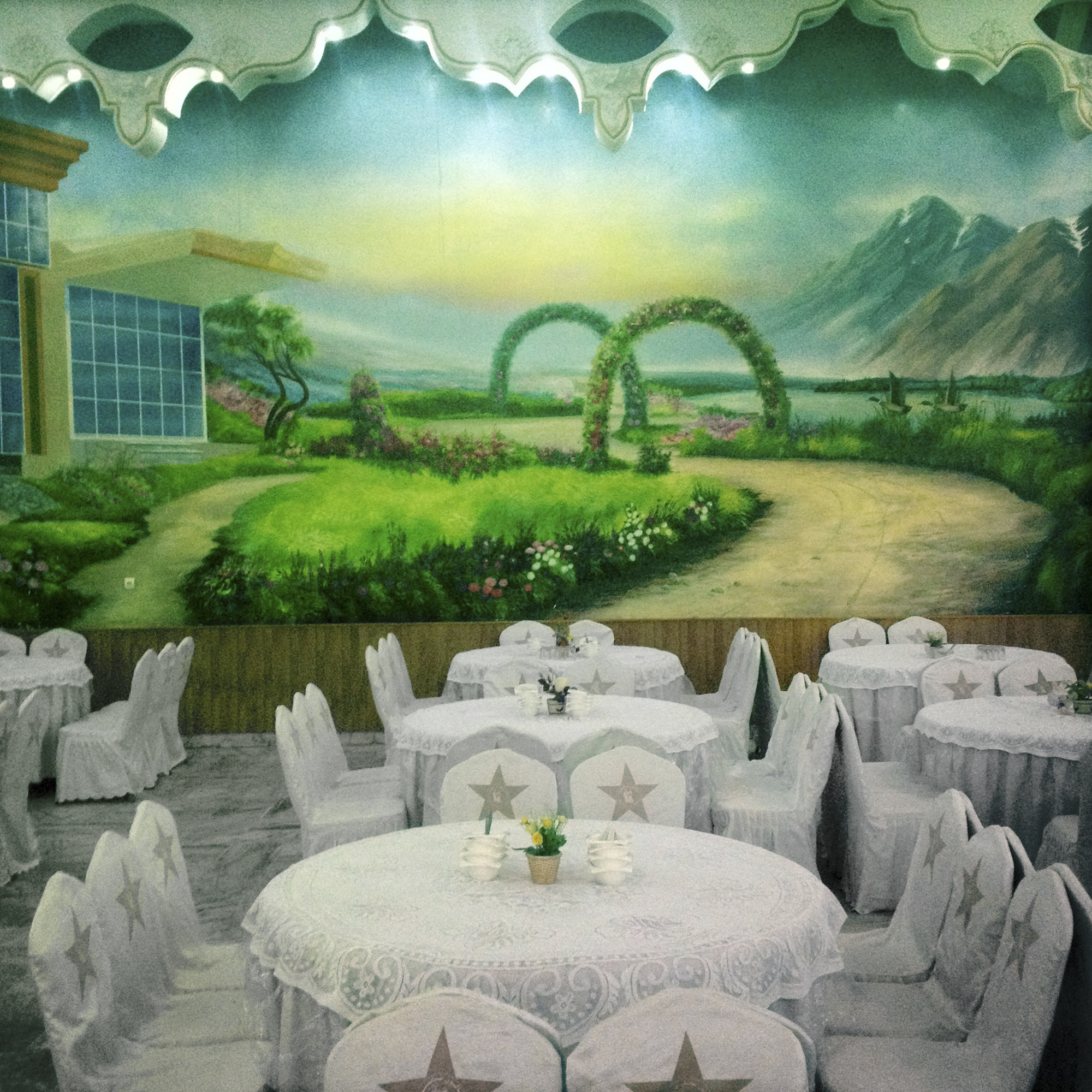
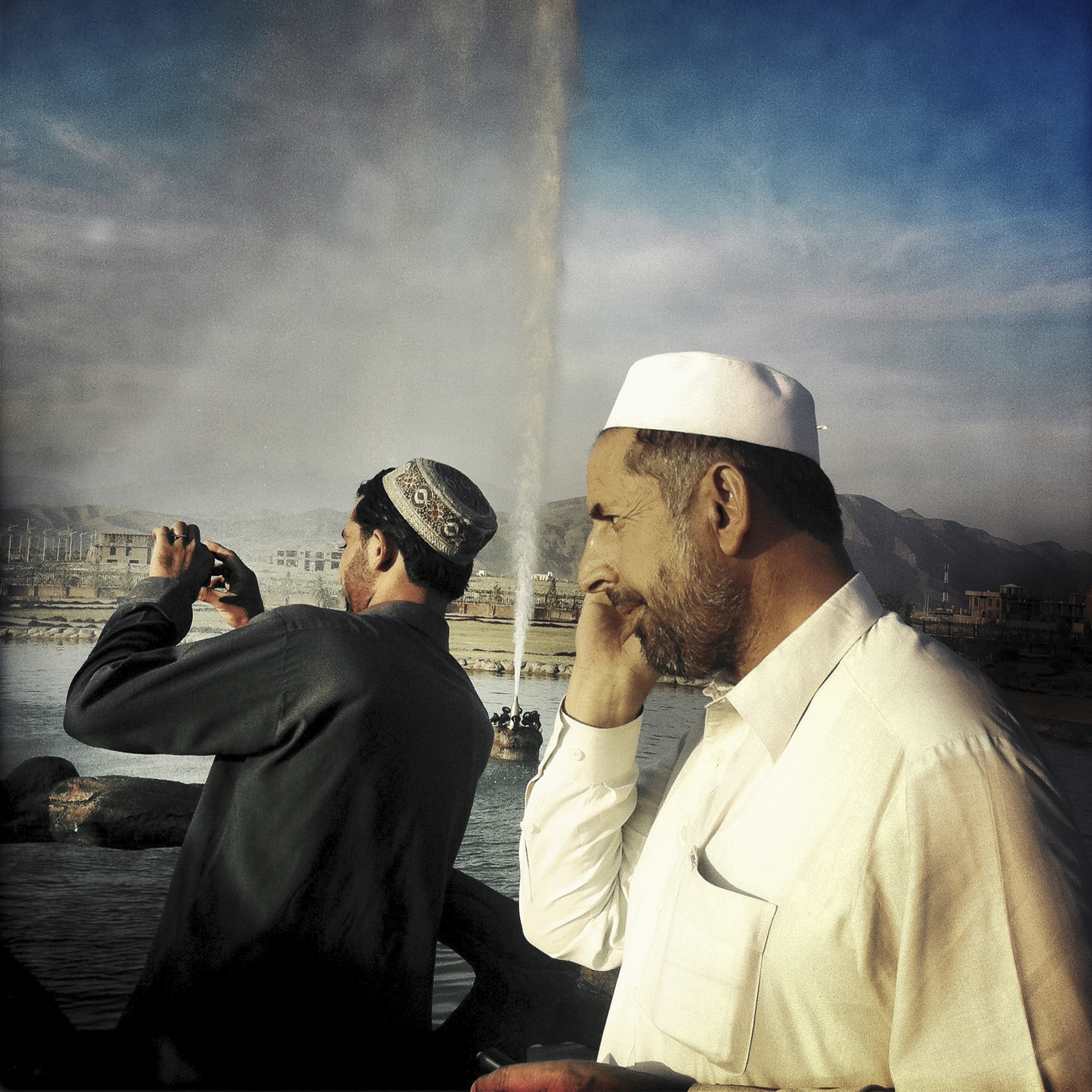
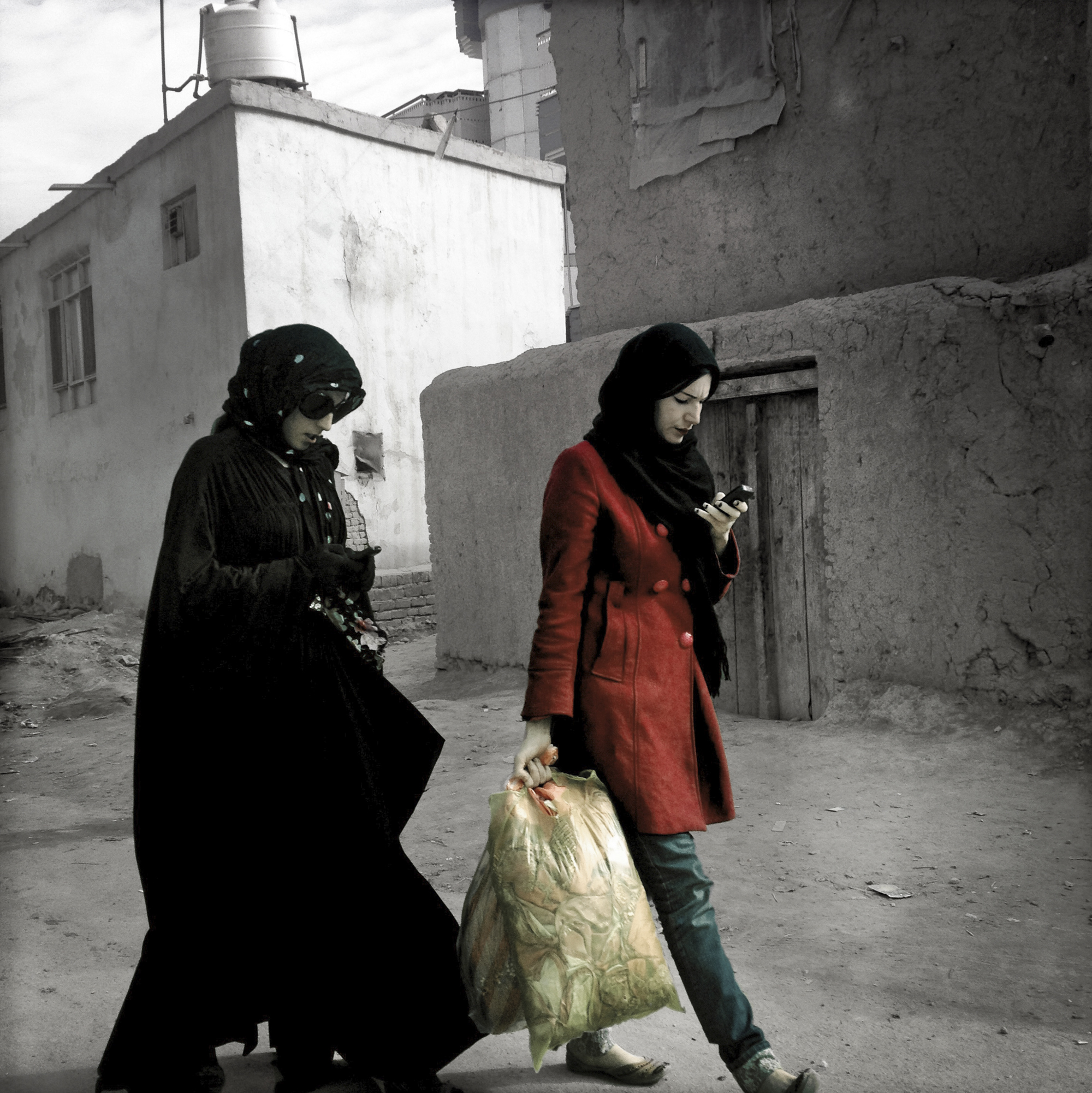
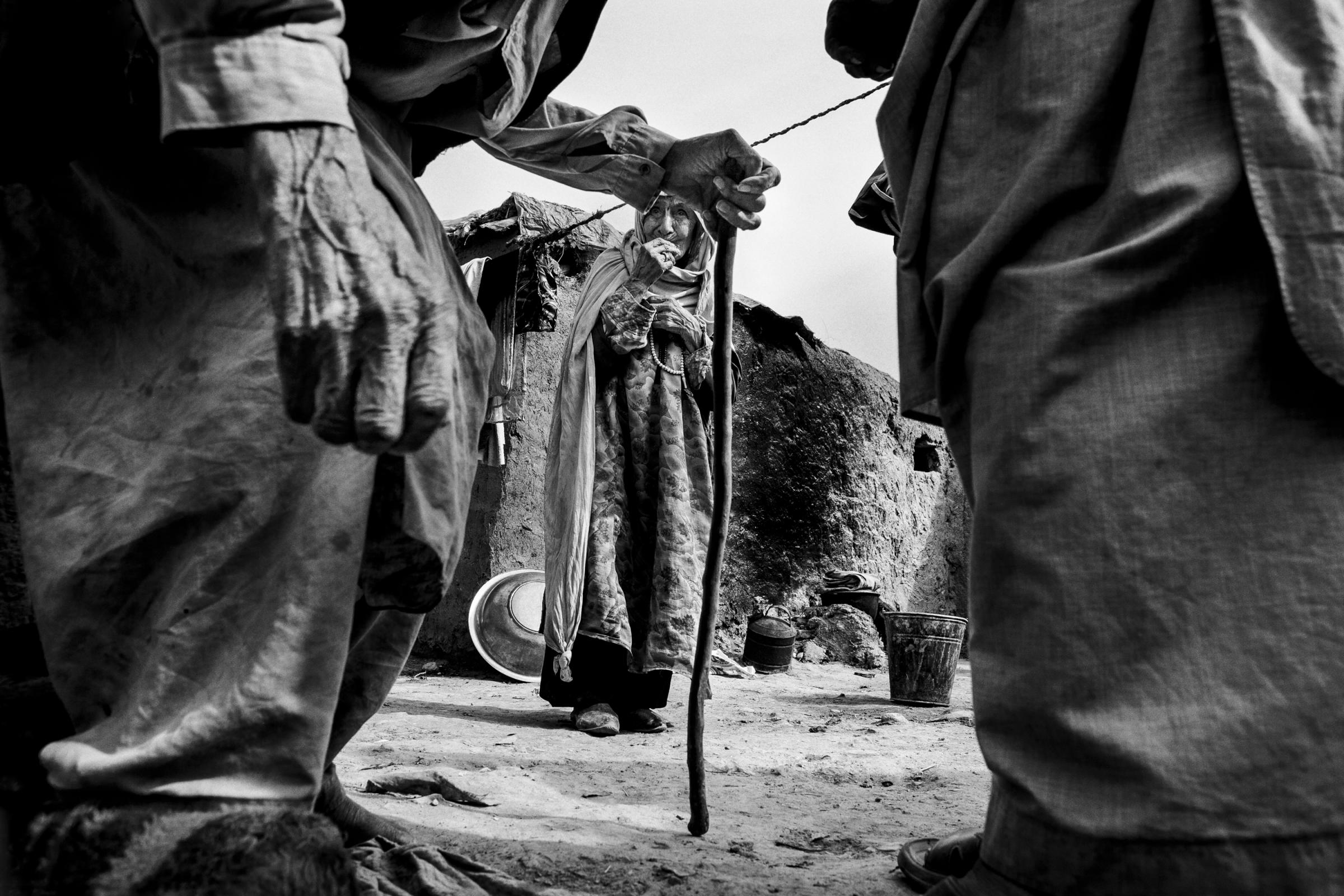
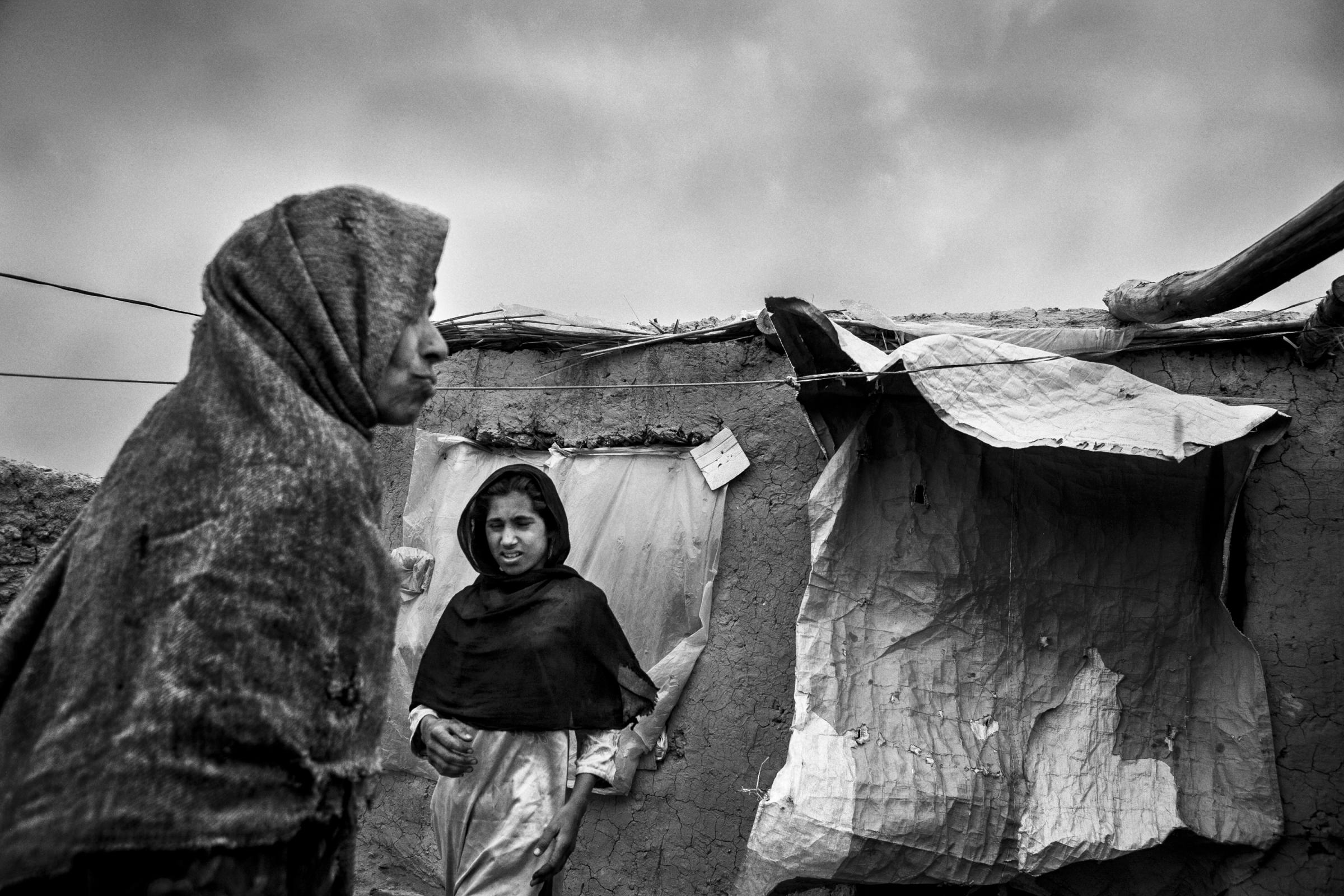
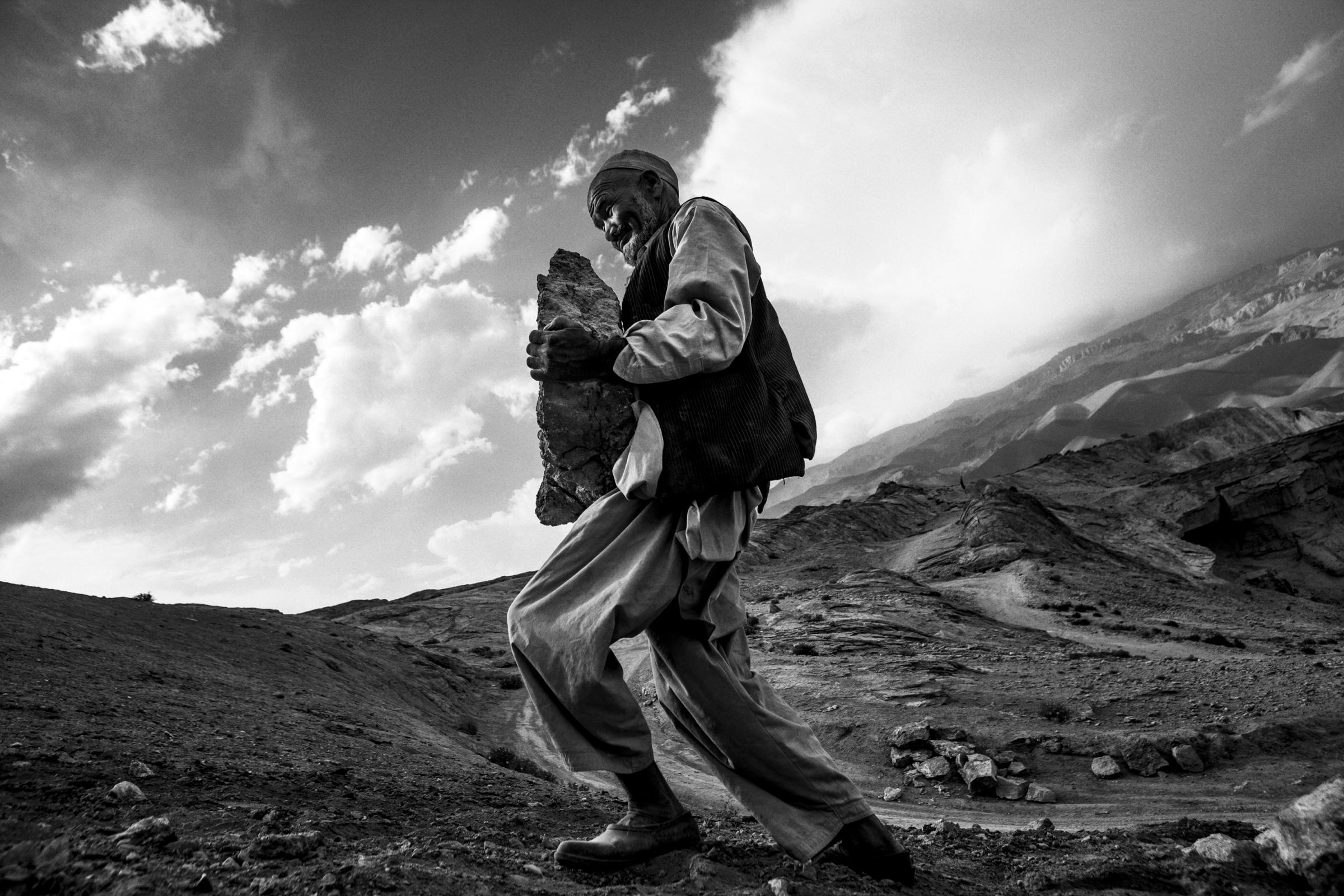
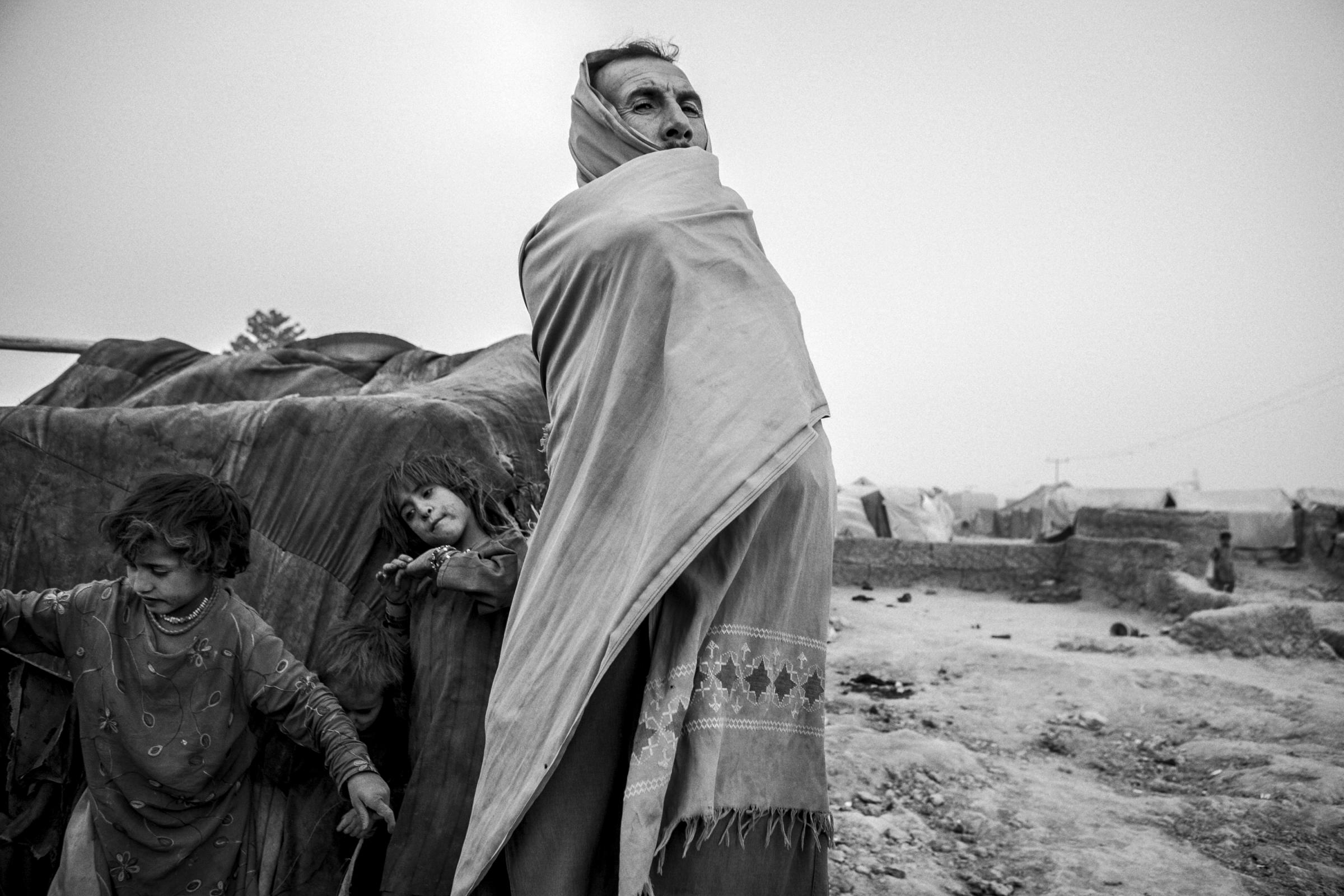
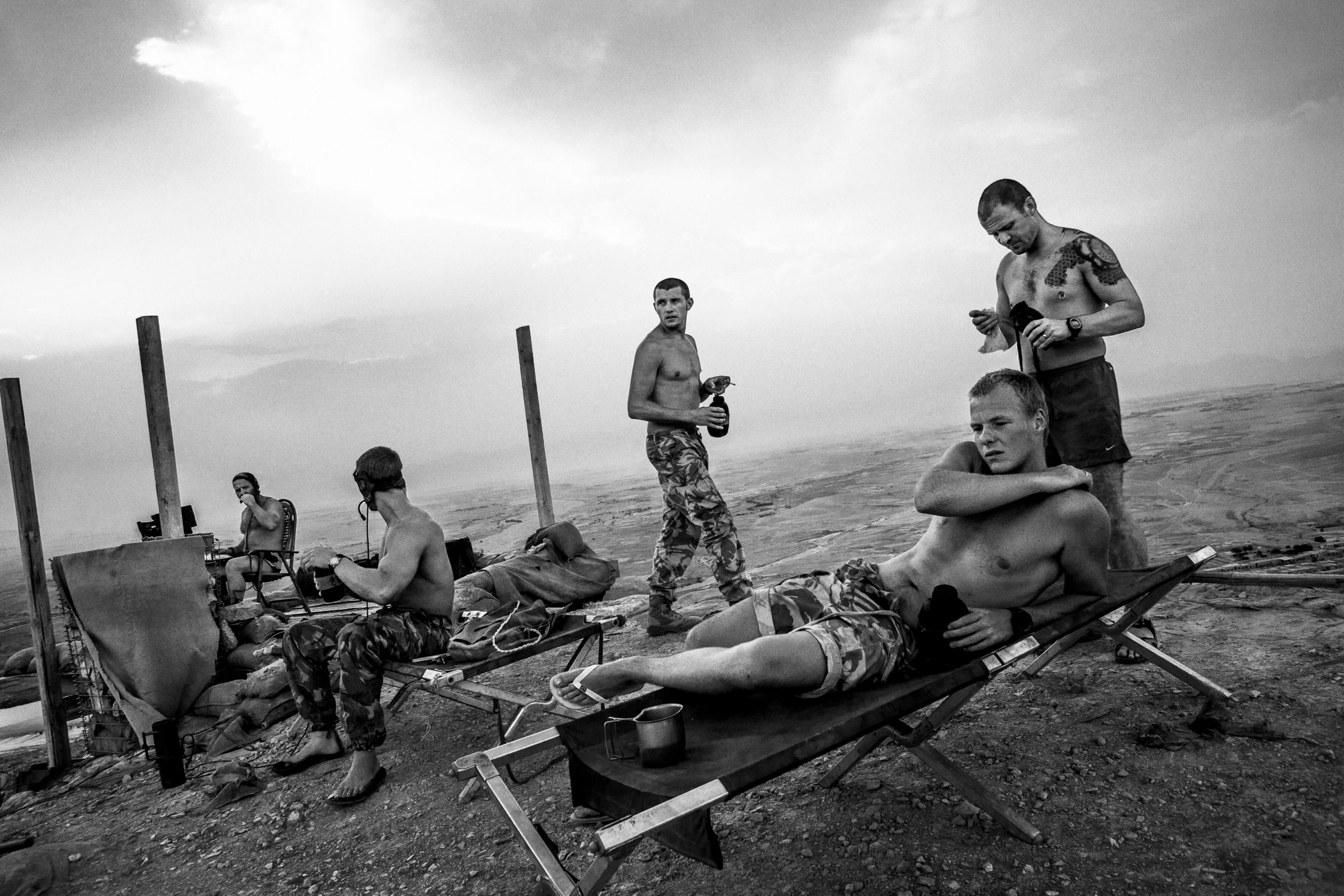
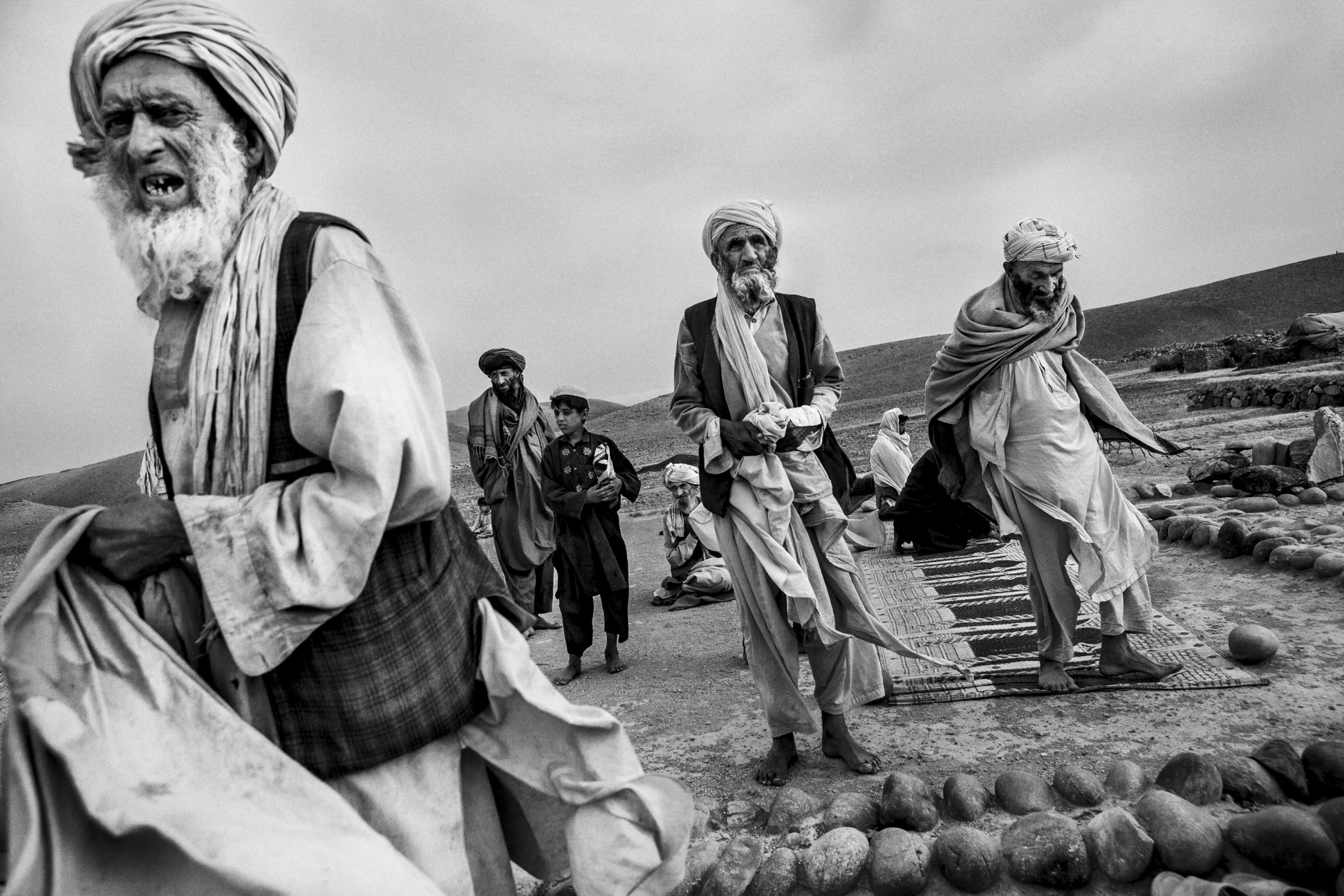
More Must-Reads from TIME
- Donald Trump Is TIME's 2024 Person of the Year
- Why We Chose Trump as Person of the Year
- Is Intermittent Fasting Good or Bad for You?
- The 100 Must-Read Books of 2024
- The 20 Best Christmas TV Episodes
- Column: If Optimism Feels Ridiculous Now, Try Hope
- The Future of Climate Action Is Trade Policy
- Merle Bombardieri Is Helping People Make the Baby Decision
Contact us at letters@time.com